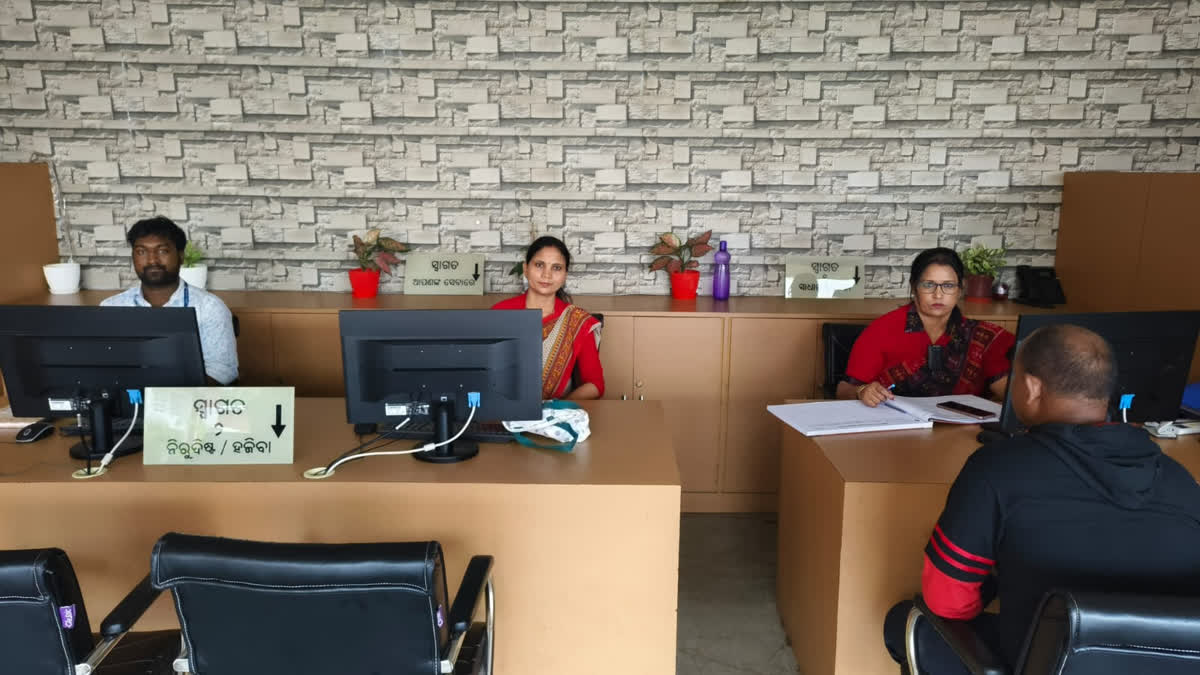Bhubaneswar: In response to recent incidents that drew public attention to the conduct of police personnel within Twin City police station jurisdiction, Commissioner of Police Suresh Dev Datta Singh said body cameras have been introduced for officers stationed at the help desks of all police precincts. This new initiative seeks to promote transparency, accountability, and mutual respect in the police-public interactions, creating a more secure environment for both complainants and officers.
The decision follows a controversial incident at Bharatpur Police Station that raised concerns about law enforcement conduct and triggered public backlash. This led authorities to reassess existing monitoring measures and emphasize direct accountability through body cameras. Unlike static CCTV, body-worn cameras offer a first-person perspective of the interactions between officers and visitors, providing a comprehensive, continuous account of each exchange.
“Starting today, officers across all police stations will use body cameras at the reception desks where complainants initially report,” stated Bhubaneswar DCP Pinak Mishra. He explained that this measure would ensure that every interaction is documented accurately, leaving no room for doubt or dispute about the police response.
The primary objective, Mishra explained, is to capture all dialogues and interactions on record, enabling a fair review of any complaints that may arise. Often, complaints allege that complainants were not adequately heard or were mistreated during their visit to the police station. Such accusations and counter-claims are frequent, and officers face the dual challenge of meeting the needs of the public while managing their own responses in potentially tense scenarios.
Body cameras, capable of both audio and video recording, capture officer behaviour, demeanour, and the response from the complainant, serving as valuable tools to verify the accuracy of public complaints or rebut any baseless accusations. He stressed that footage from these cameras will be securely stored in the police control room, where it can be reviewed if necessary.
In addition to enhancing transparency, the use of body cameras is also a step towards reducing unnecessary tension. Two recent incidents in Khandagiri, one involving intoxicated people, illustrated the challenges police face when dealing with uncooperative complainants. In one case, officers’ hesitation in managing an inebriated woman was captured on video and went viral, sparking a wider debate on police conduct in sensitive situations. To prevent further misinterpretations of officers’ actions in similar incidents, the Commissionerate has made the use of body cameras mandatory, especially in cases where complaints are sensitive or involve allegations of misconduct.
The need for this reform was further underscored by a high-profile case in Bharatpur, where an army officer and his companion claimed mistreatment by police officers. Allegations of misconduct, coupled with claims of unauthorized detention, spurred an investigation that is on. The introduction of body cameras, officials hope, will address such issues proactively by recording every detail of these interactions.
Through the deployment of body-worn cameras, the Commissionerate Police seeks not only to safeguard its reputation but also to reassure the public of fair and respectful treatment. The footage collected through this system will allow for immediate corrective measures if any discrepancies in police behaviour arise. Police officers will also receive additional training on behaviour protocols to ensure that public concerns are met professionally.
Moving forward, each police station will monitor compliance with this body-camera directive via CCTV, allowing for double verification of footage. The footage will serve as an unbiased witness, helping build a foundation of accountability and transparency that will likely reshape public perception of the police.



